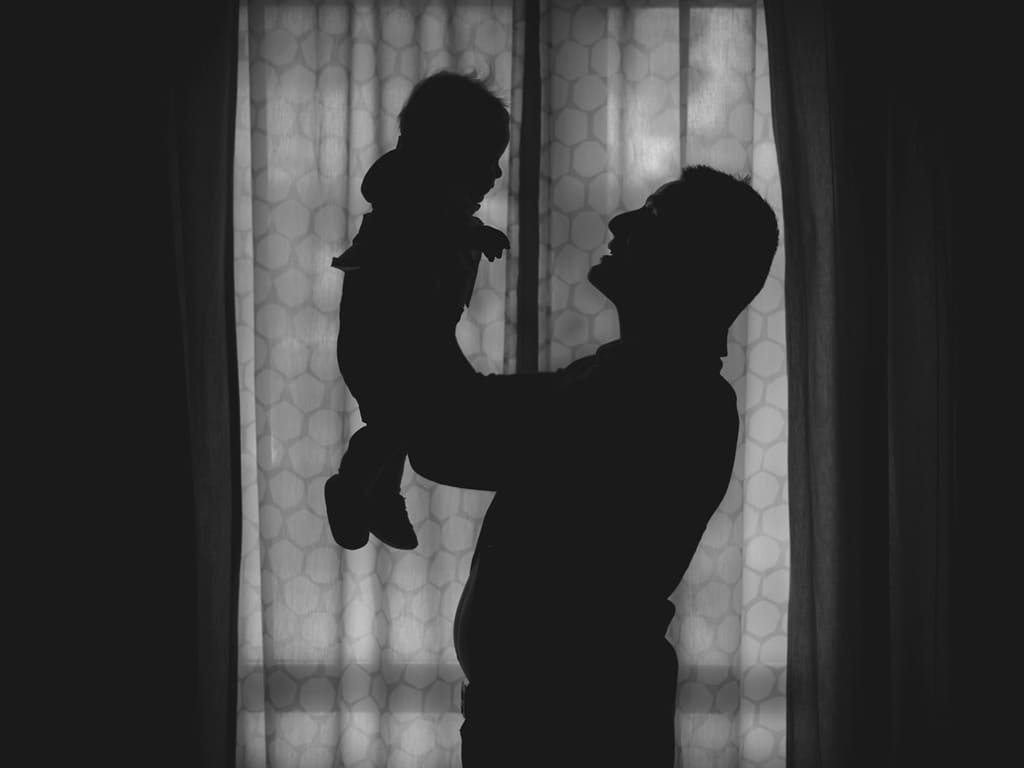Article first published online: 13 MAY 2014 De Souza, Ruth Noreen Argie. (2014). ‘This child is a planned baby’: skilled migrant fathers and reproductive decision-making. Journal of Advanced Nursing. doi: 10.1111/jan.12448
Risk management and life planning are a feature of contemporary parenting, which enable children to be shaped into responsible citizens, who are successful and do not unduly burden the state (Shirani et al. 2012). This neoliberal project of intensive parenting and parental responsibility (typically gendered as maternal) involves child centredness and detailed knowledge of child development (Hays 1998). Simultaneously, contemporary masculinities are increasingly being situated beyond the traditional Western binary of the active home-caring mother and passive breadwinning father. Following Connell (1995), the plural word masculinities refers to the many definitions and practices of masculinity (See e.g. Archer 2001, Cleaver 2002, Finn & Henwood 2009, Haggis & Schech 2009, Walsh 2011). Broader and more inclusive repertoires of fathering emerge from diverse family practices and formations including queer/homoparental families; cohabitation; new technologies; changing domestic labour arrangements; the changing organization of childcare and growing involvement of fathers; and social policy initiatives including parental leave and family-friendly employment practices (Draper 2003).
These rapid societal changes have ushered in new forms of participatory fathering and family involvement for men in the Western world. However, the pressure to integrate traditional breadwinner and authority figure roles with contemporary demands for involvement in all aspects of the perinatal period has not been matched by reduced work pressures or the provision of active societal support and preparation (Barclay & Lupton 1999). As a result, men often feel isolated, excluded, uninformed and unable to obtain resources and support in the perinatal period placing pressure on relationships, challenging feelings of competence and requiring negotiation of competing demands (Deave & Johnson 2008). Furthermore, men have gender- specific risk factors for perinatal distress including their more limited support networks; dependence on partners for support; additional exposure to financial and work stresses; a more idealized view of pregnancy, childbirth and parent- hood stemming from a lack of exposure to contemporary models of parenting; and lastly being less keen to seek help with emotional problems (Condon et al. 2004). All of these factors are compounded by practitioners and services oriented towards mothers and babies marginalizing fathers (Deave & Johnson 2008, Lohan et al. 2013).
